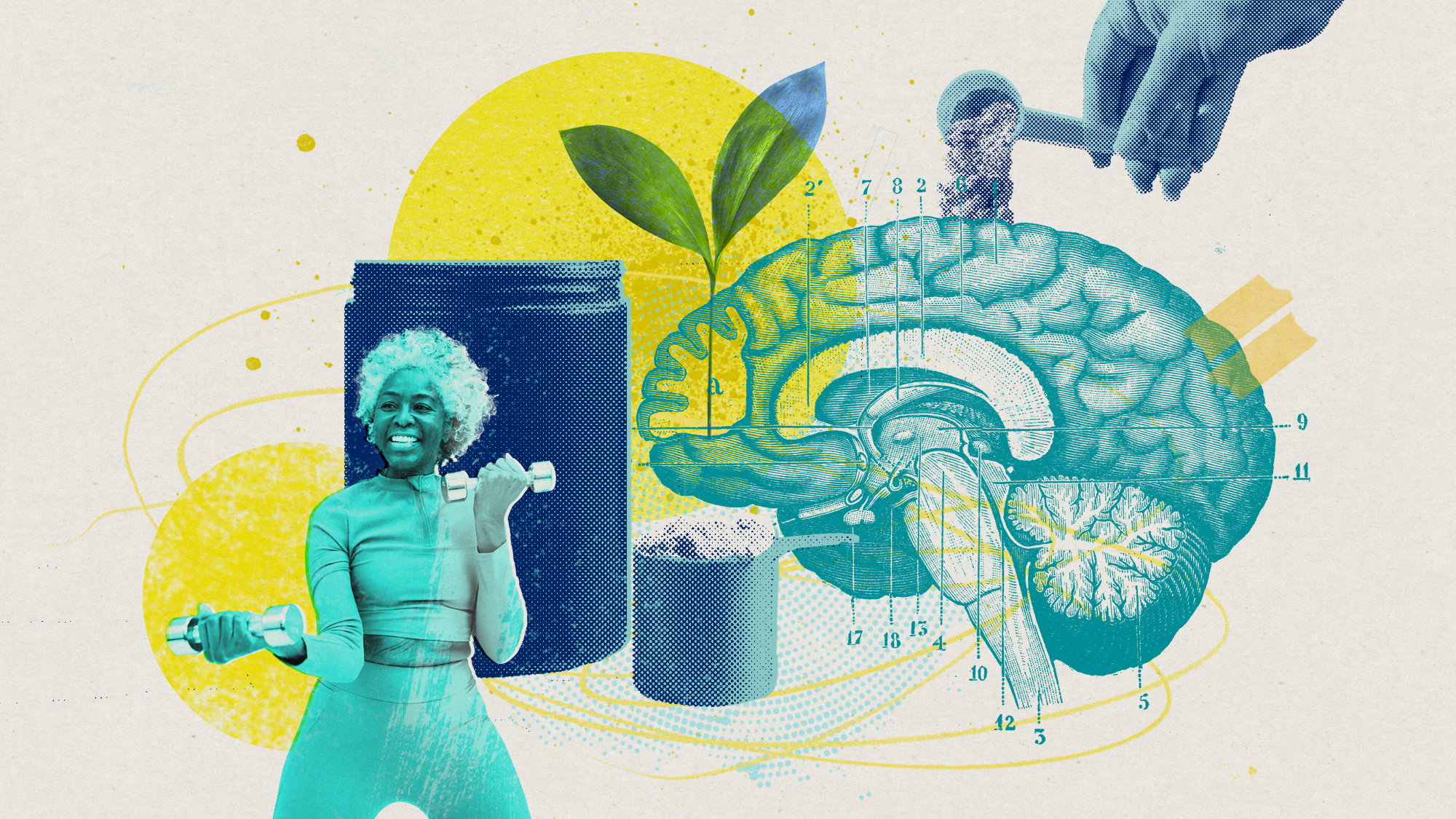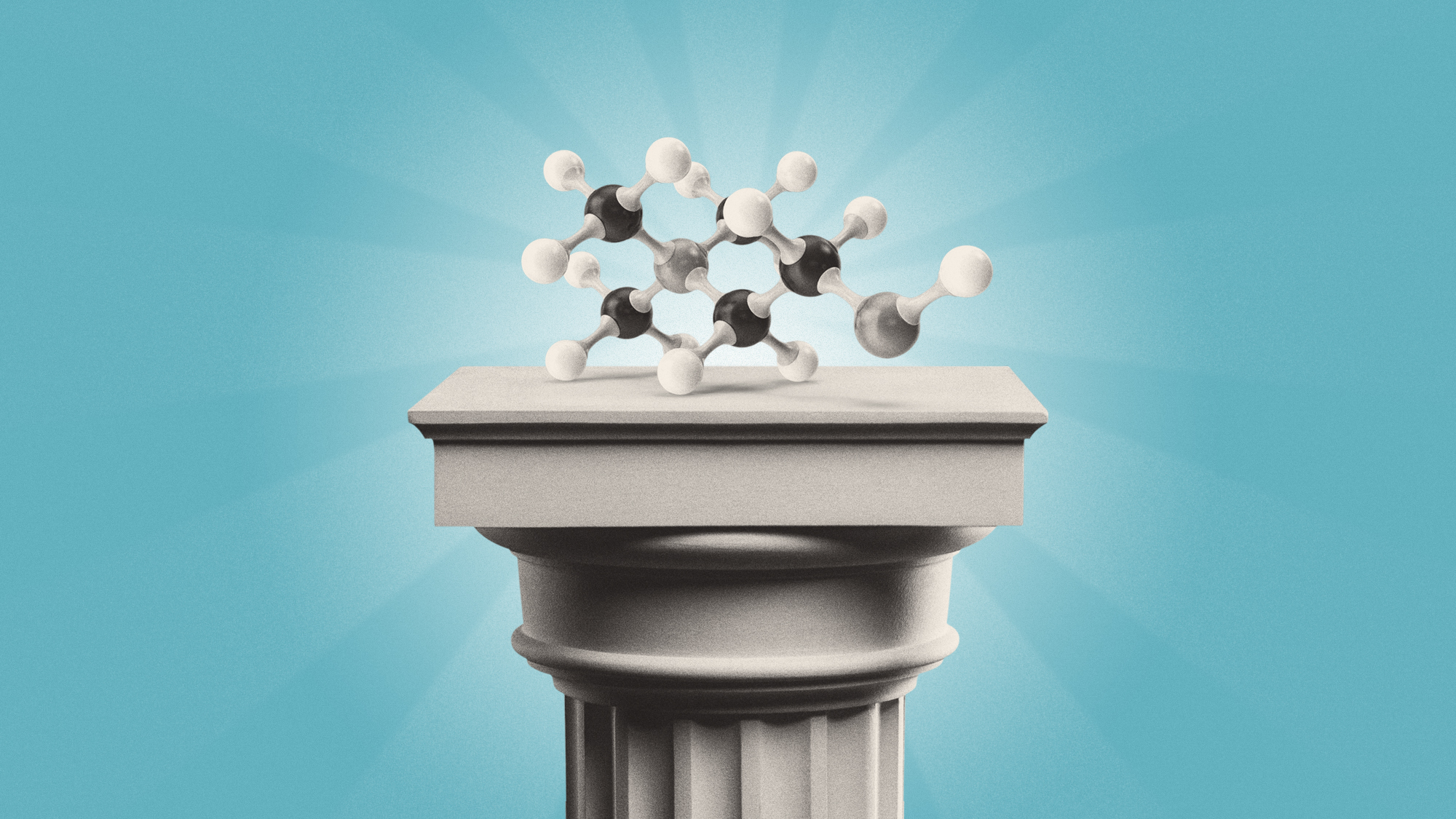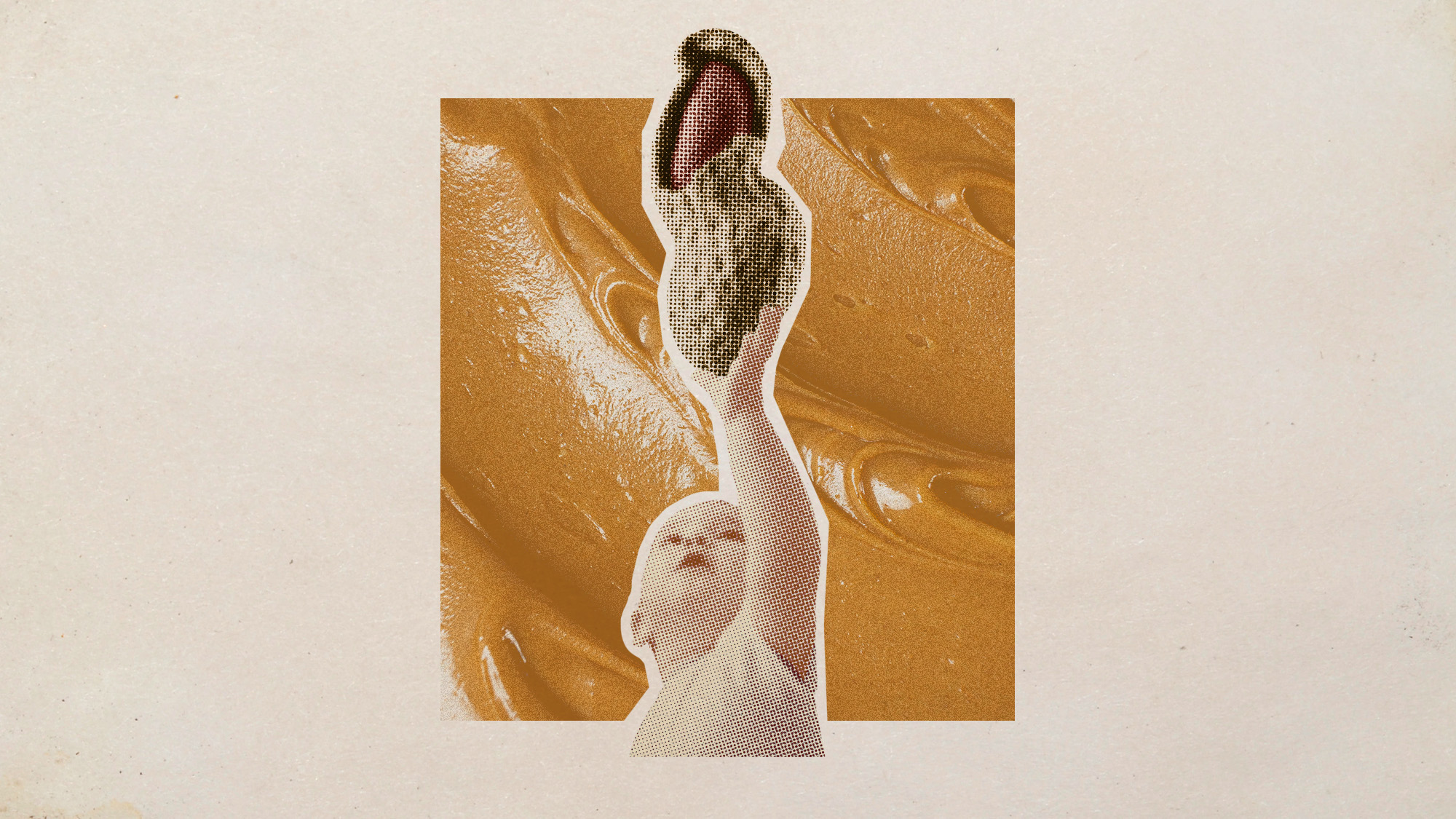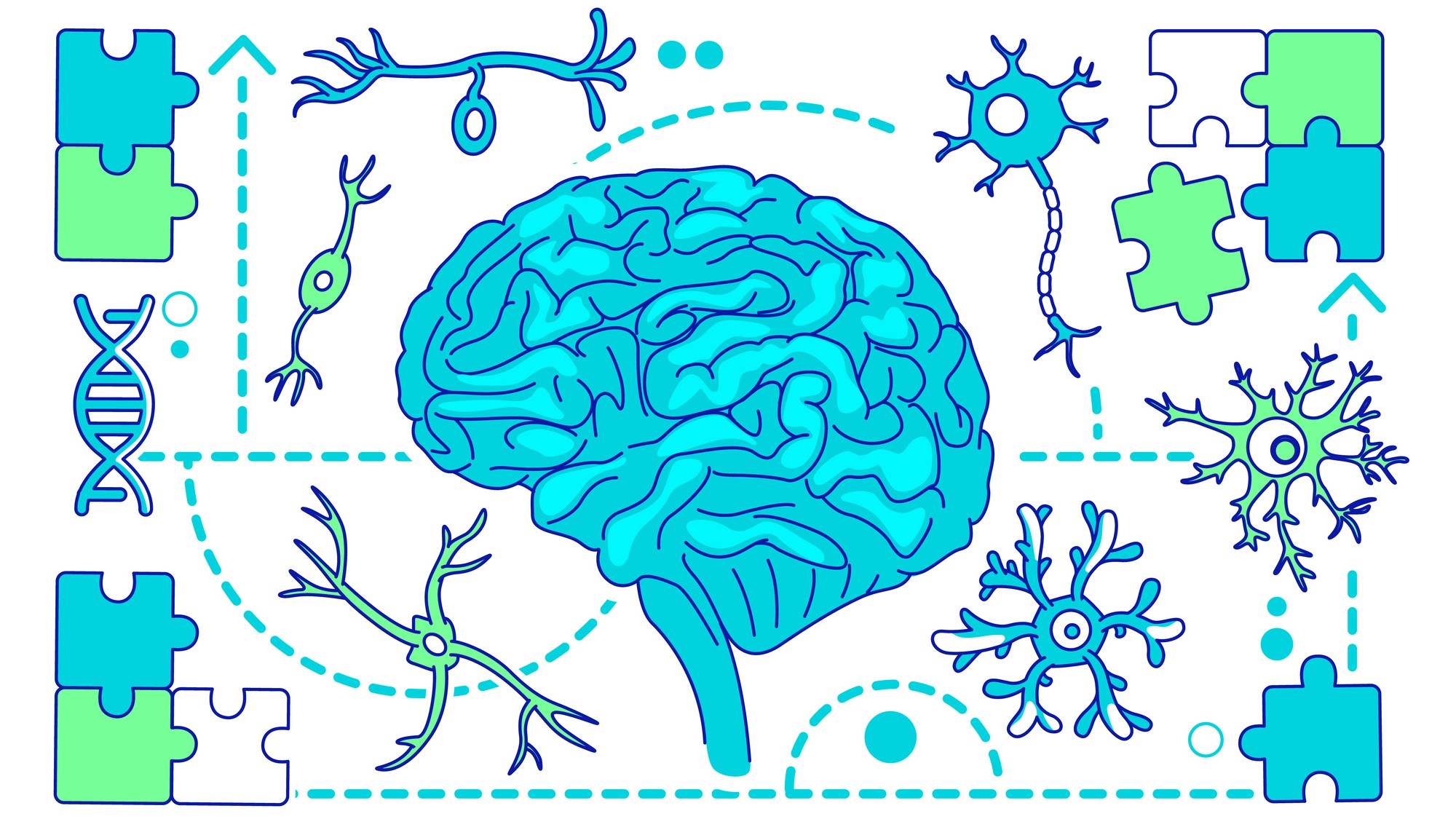'Wonder drug': the potential health benefits of creatine
Popular fitness supplement shows promise in easing symptoms of everything from depression to menopause and could even help prevent Alzheimer's

A free daily email with the biggest news stories of the day – and the best features from TheWeek.com
You are now subscribed
Your newsletter sign-up was successful
"Olympians tout it, fitness influencers experiment with it, and Patrick Schwarzenegger's gym bro character in 'The White Lotus' added it to his famous shake," said The Guardian.
Creatine has long been a popular supplement among athletes and bodybuilders, thought to improve performance and endurance. Former footballer Ian Wright called it a "wonder drug". But scientists are growing "increasingly curious" about the compound's potential to supplement cognitive and mental, as well as physical, health.
What is creatine?
Creatine is a compound made up of three amino acids, produced naturally in the liver, kidneys and pancreas. It's stored mostly in muscles, with a small amount in the brain, and it regenerates the molecule called adenosine triphosphate (ATP): "the basic fuel the cells rely on to produce energy", James Goodwin, director of science at the Brain Health Network, told The Times. It delivers energy to muscles faster than glucose or oxygen, which is why it's so useful during high-intensity exercise.
The Week
Escape your echo chamber. Get the facts behind the news, plus analysis from multiple perspectives.

Sign up for The Week's Free Newsletters
From our morning news briefing to a weekly Good News Newsletter, get the best of The Week delivered directly to your inbox.
From our morning news briefing to a weekly Good News Newsletter, get the best of The Week delivered directly to your inbox.
The creatine we naturally produce – the liver makes about 1g a day – "typically isn't enough for our total requirements", said BBC Future. Most people rely on their diets to provide extra creatine, from animal proteins like meat or oily fish. As a supplement, it's typically taken in the form of creatine monohydrate.
What is it most commonly used for?
Creatine is "one of the most well-researched supplements". Scientists have been studying the compound since the 1830s, and since the benefits of taking it as a supplement were discovered in the 1970s there has since been a "wealth of research" linking it to improved physical function.
The supplement "exploded as a consumer product" in the 1990s, said Vox, after "influential" Swedish research published in 1992 showed its effectiveness in "improving stamina and recovery during the short bursts of physical exercise". Creatine powder "hit the shelves of drugstores and workout gyms": a cheap, easy way for bodybuilders and exercise fanatics to improve. "Today, as many as one in four adults say they have used creatine; $400 million worth of it is sold in the US every year."
What else can it do?
Over the past 20 years, studies have suggested potential cognitive benefits of creatine, because of the role it plays in neurogenesis (the formation of new neurons in the brain). Research has linked creatine supplementation to improved memory and brain health, increased energy and alleviation of depression.
A free daily email with the biggest news stories of the day – and the best features from TheWeek.com
Researchers are exploring whether creatine could help "ease depression symptoms by supporting brain energy, memory, attention and information processing speed, and promoting dopamine and serotonin production", said The Guardian. A 2024 meta-review of studies showed that creatine was effective in supplementing other treatments like antidepressants and CBT. The benefits of creatine are also "a hot topic for women in perimenopause and menopause", said Axios, helping to maintain cognitive function, bone health and muscle mass.
Other studies have shown "a range" of potential benefits, including "stopping the progress of tumours in some animal studies", said the BBC. One recent study of participants aged over 52 found that higher levels of creatine were linked with a 14% reduction in cancer risk.
What could it treat in the future?
One of "the most potentially powerful pathways" to preventing Alzheimer's relates to improving the brain's metabolism, said Psychology Today. Several studies have shown that Alzheimer's is associated with changes in brain glucose use, leading some scientists to call it "type 3 diabetes". The idea is that "boosting alternate fuel sources to the brain" could help. And creatine has the potential to "boost brain metabolism".
Supplemental creatine may not be able to reach the brain and had never before been tested in a trial for preventing Alzheimer's – until recently.
A pilot study published this month gave patients identified as highly likely to develop Alzheimer's 20g creatine monohydrate per day. After eight weeks, 85% had increased brain creatine levels, by an average of 11%. There were "statistically significant improvements" in cognition scores, too, said Psychology Today. The study was "very small"; any conclusions would need to be substantiated with placebo-controlled, blind trials. But the findings are "promising".
Harriet Marsden is a senior staff writer and podcast panellist for The Week, covering world news and writing the weekly Global Digest newsletter. Before joining the site in 2023, she was a freelance journalist for seven years, working for The Guardian, The Times and The Independent among others, and regularly appearing on radio shows. In 2021, she was awarded the “journalist-at-large” fellowship by the Local Trust charity, and spent a year travelling independently to some of England’s most deprived areas to write about community activism. She has a master’s in international journalism from City University, and has also worked in Bolivia, Colombia and Spain.
-
 The ‘ravenous’ demand for Cornish minerals
The ‘ravenous’ demand for Cornish mineralsUnder the Radar Growing need for critical minerals to power tech has intensified ‘appetite’ for lithium, which could be a ‘huge boon’ for local economy
-
 Why are election experts taking Trump’s midterm threats seriously?
Why are election experts taking Trump’s midterm threats seriously?IN THE SPOTLIGHT As the president muses about polling place deployments and a centralized electoral system aimed at one-party control, lawmakers are taking this administration at its word
-
 ‘Restaurateurs have become millionaires’
‘Restaurateurs have become millionaires’Instant Opinion Opinion, comment and editorials of the day
-
 ‘Longevity fixation syndrome’: the allure of eternal youth
‘Longevity fixation syndrome’: the allure of eternal youthIn The Spotlight Obsession with beating biological clock identified as damaging new addiction
-
 Scientists are worried about amoebas
Scientists are worried about amoebasUnder the radar Small and very mighty
-
 Metal-based compounds may be the future of antibiotics
Metal-based compounds may be the future of antibioticsUnder the radar Robots can help develop them
-
 Choline: the ‘under-appreciated’ nutrient
Choline: the ‘under-appreciated’ nutrientThe Explainer Studies link choline levels to accelerated ageing, anxiety, memory function and more
-
 RFK Jr. sets his sights on linking antidepressants to mass violence
RFK Jr. sets his sights on linking antidepressants to mass violenceThe Explainer The health secretary’s crusade to Make America Healthy Again has vital mental health medications on the agenda
-
 Peanut allergies have plummeted in children
Peanut allergies have plummeted in childrenUnder the radar Early introduction could be an effective prevention method
-
 Strava vs. Garmin: the row splitting the running community
Strava vs. Garmin: the row splitting the running communityUnder The Radar The legal dispute between the two titans of exercise tech is like ‘Mom and Dad fighting’
-
 Human evolution may be responsible for autism rates
Human evolution may be responsible for autism ratesUnder the radar Neurodiversity and a complex brain may go hand in hand